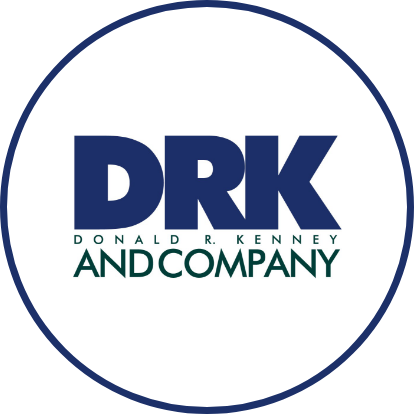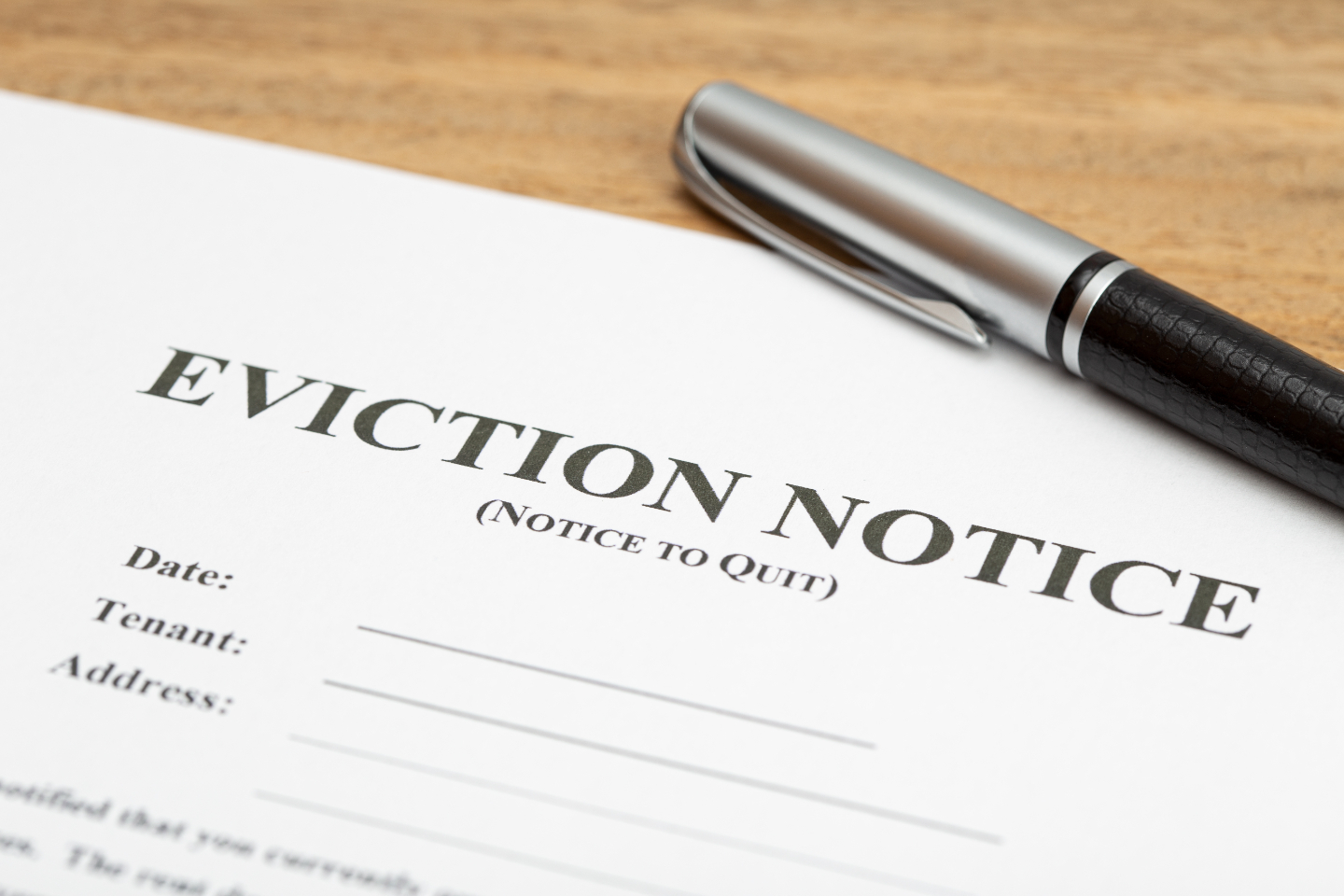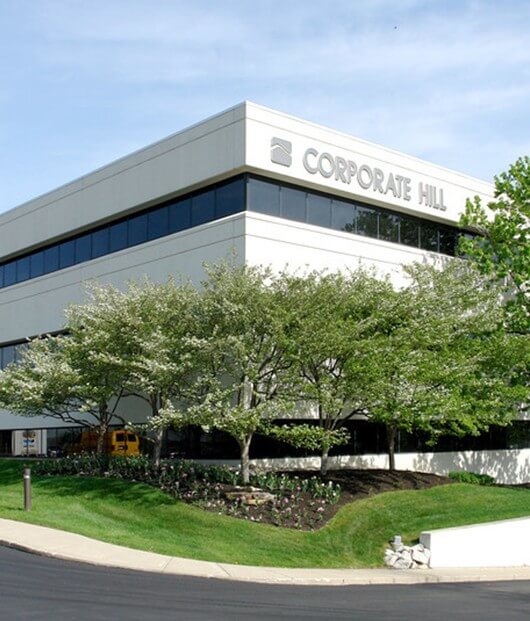Evictions aren’t ideal in commercial real estate, but they happen. Industry changes, bankruptcy, natural disasters, zoning issues and other factors can affect a tenant’s ability to adhere to their lease.
That’s why it’s important to understand your rights as a landlord or commercial property owner so you can handle the situation efficiently. Having that knowledge helps you protect your interests as you navigate the legal process, emotional situations and financial ramifications.
Legal Grounds for Commercial Eviction
Resident and commercial lease agreements differ, which influences how you must approach eviction proceedings. Residential tenants typically have broader statutory protections to ensure they have access to safe and habitable living accommodations.
Commercial contracts don’t have as many mandated regulations. Details are often negotiated between the landlord and business owner based on each party’s needs. As a property owner, you’re entitled to provide specific clauses that outline contract breaches.
That may include:
- Failure to pay rent
- Repeat late payments
- Unauthorized property alterations
- Failure to maintain insurance
- Illegal activity
- Unauthorized subletting
- Altered business operations
- Health, safety and zoning violations
- Abandonment or vacancy
- Bankruptcy
- Failure to maintain the property
Reviewing Lease Terms and Local Laws
It’s crucial to understand the commercial eviction process as outlined in your agreement. That information will guide your actions and reduce your risk of making errors that could delay the proceedings.
State and local laws may require you to complete procedures within a certain timeline, even if your contract has different regulations. You could face a lawsuit if you conduct an improper eviction, resulting in fines, penalties and damage to your reputation. You’ll also learn about the evidence you need to identify and preserve to build a strong case.
Providing Formal Notice to Vacate
Once you’ve decided to evict a commercial tenant, you must provide them with a notice that includes the details of their violation and a timeline for their response. You can serve it by posting it on the property, delivering it via certified mail or handing it to your tenant in person.
They may choose to rectify the grievances stipulated or take action to comply with their lease terms. The duration of the notice period varies depending on the city, state and contract terms.
Filing an Unlawful Detainer Lawsuit
If your tenant doesn’t address the notice within the allotted period, you can initiate an unlawful detainer lawsuit. The formal procedure requires you to file your petition with a court to begin the eviction process. You must provide documentation beyond your written complaints, including a copy of the lease and financial records.
Court Proceedings and Tenant Response
Once your complaint is filed with the court, law enforcement or a professional service will deliver the notice to your tenant. If they don’t respond within the designated time frame, you may be able to secure an immediate removal with a supporting order from the court.
However, if your tenant chooses to respond to the complaint, you will both present your arguments to a judge. The tenant will face a formal eviction order and must provide the overdue funds, and potentially court fees, if a judge rules in your favor.
Regaining Possession of Your Property
You’ll receive a writ of possession that must be posted to the property, and your tenant will have a short period to vacate. If they don’t leave the premises voluntarily, law enforcement can remove them and their belongings. It may be necessary to change the locks and security access after you’ve taken possession.
Moving Forward After Eviction
Removing a commercial tenant can be contentious, so it’s important to remain professional and practice patience during the process. Your conduct reflects your ability to handle disputes and confrontations.
You should inspect the property to identify and document any damage or unsafe conditions before you begin making repairs. Then you may begin marketing the space and screening new tenants to fill the vacancy.
Hands-On Property Management Services
Eliminate the guesswork of maintaining commercial real estate by partnering with an expert team of property managers. DRK and Company specializes in brokerage, property development and maintenance services to help you optimize your portfolio. Contact our team to schedule a consultation.
Until next time,

Sarah Campbell
Director of Commercial Real Estate







